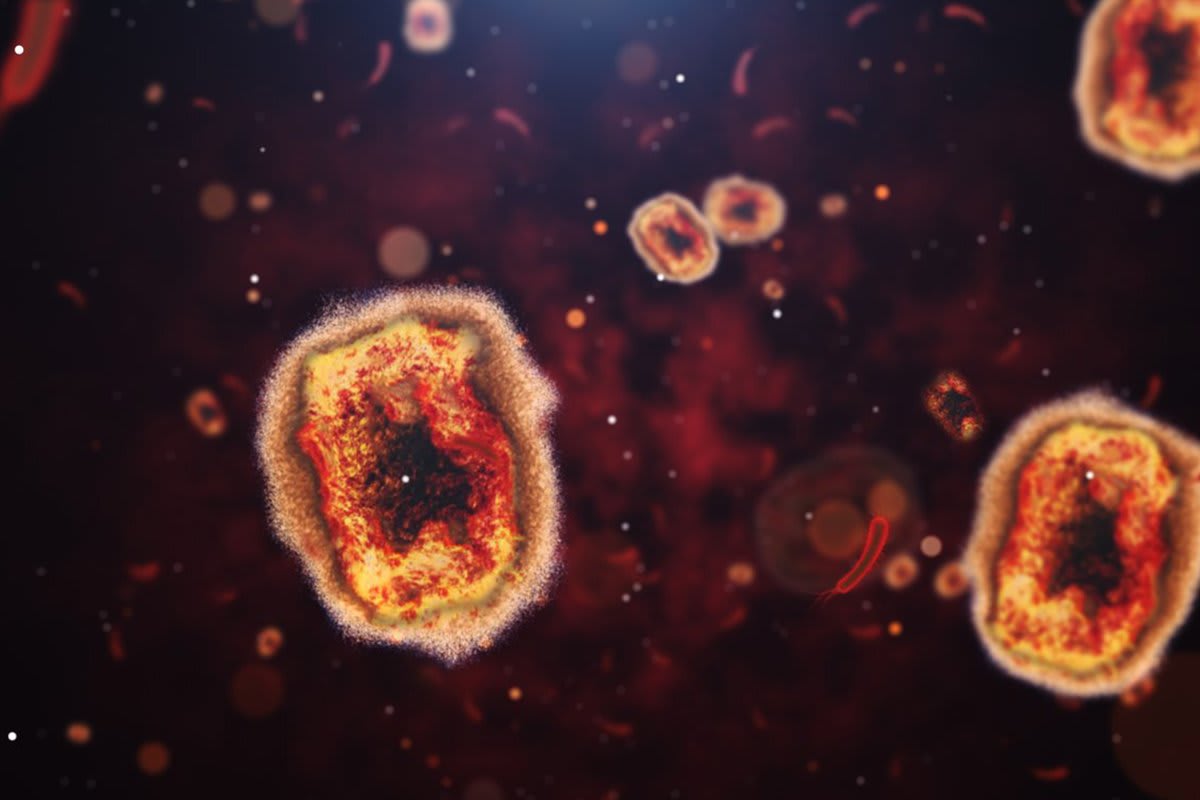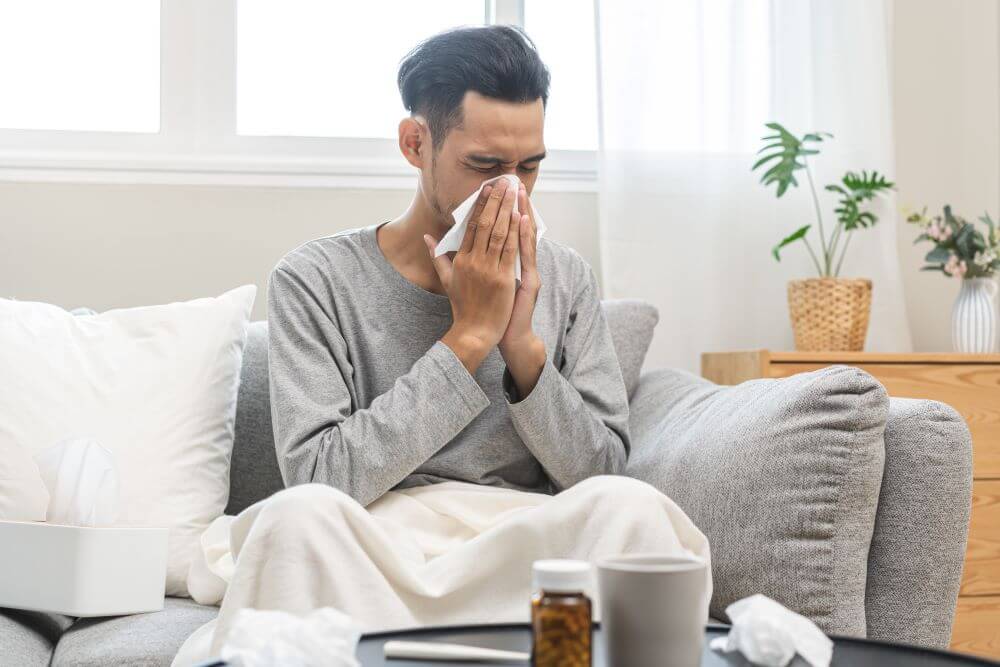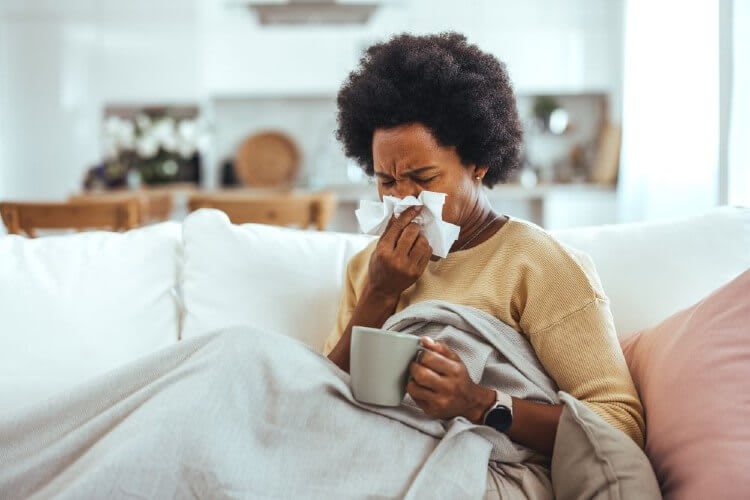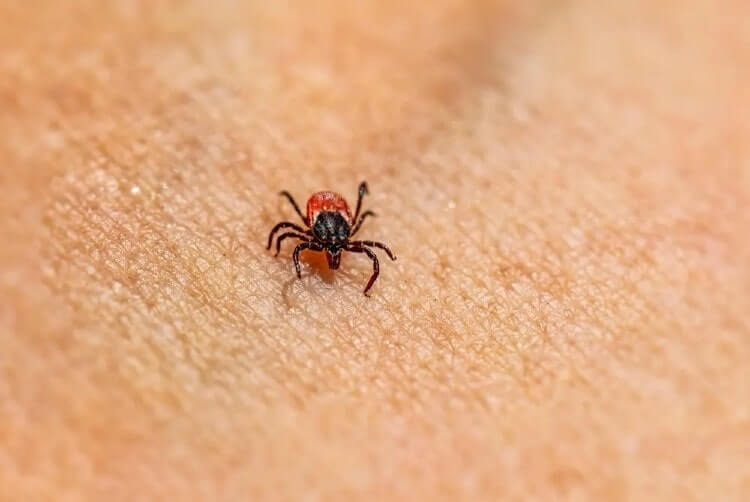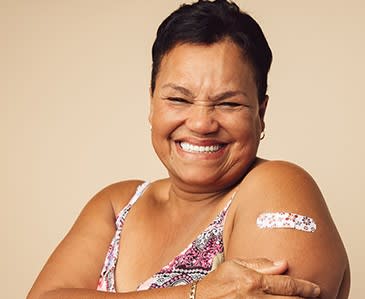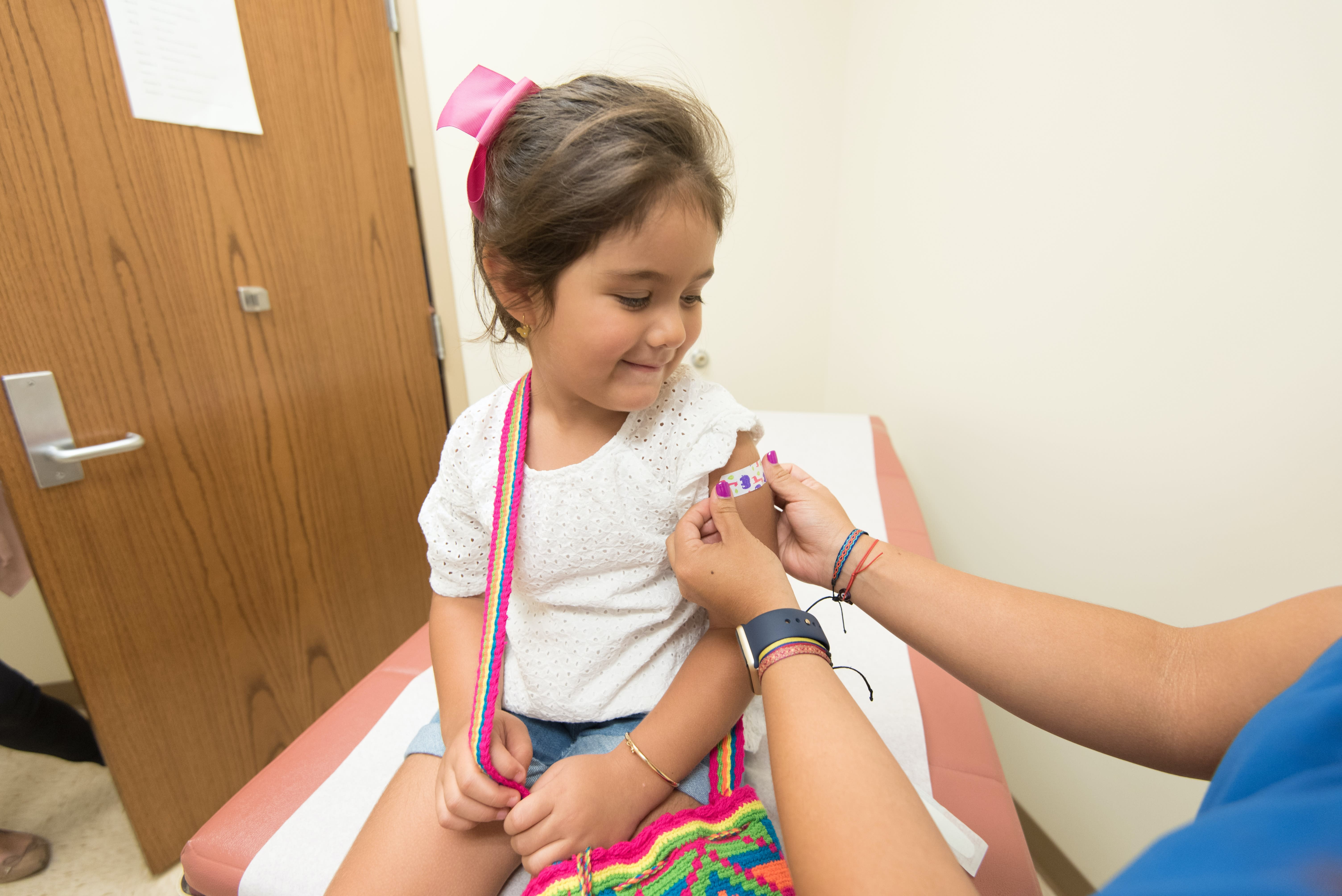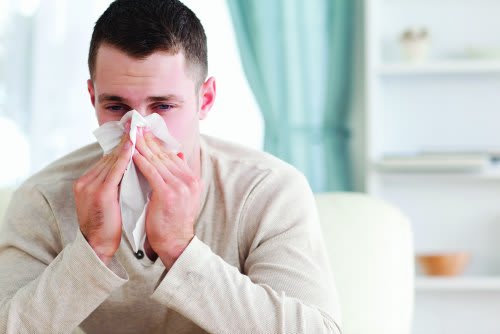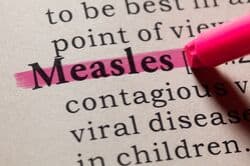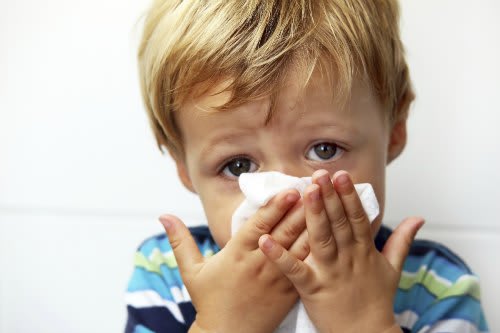Monkeypox in CT: What to know
Published: July 12, 2022l
By Asha Shah, MD, MS
Monkeypox cases have been steadily growing in the U.S. over the past two months, and recently five cases have been identified in Connecticut. There is no reason to be alarmed, but there is some helpful information to know about the illness – and what to look out for.
Signs and symptoms of monkeypox include fever, headache, swollen lymph nodes, and a characteristic rash. The rash has been noted to start in the genital area but can be present all over the body. Diagnosis is made by swabbing the rash and testing it for monkeypox. The Centers for Disease Control and Prevention has a few photos of examples of the rash.
Vaccine is currently indicated for high-risk contacts of a confirmed case as post-exposure prophylaxis. Vaccine is also recommended for individuals with certain risk factors who are more likely to have been recently exposed to monkeypox. This is meant to slow the spread of disease in areas with large numbers of monkeypox cases.
To check eligibility requirements, vaccine site locations, and additional information on the virus, please refer to the CT DPH website.
Monkeypox cases have been steadily growing in the U.S. over the past two months, and recently five cases have been identified in Connecticut. There is no reason to be alarmed, but there is some helpful information to know about the illness – and what to look out for.
What is monkeypox?
Monkeypox is a rare disease caused by infection with monkeypox virus. The illness is endemic to Africa, although the recent outbreak has affected multiple countries including the United States. While the current outbreak is disproportionately affecting gay, bisexual, and other men who have sex with men, anyone can contract this disease and should take the appropriate precautions.Signs and symptoms of monkeypox include fever, headache, swollen lymph nodes, and a characteristic rash. The rash has been noted to start in the genital area but can be present all over the body. Diagnosis is made by swabbing the rash and testing it for monkeypox. The Centers for Disease Control and Prevention has a few photos of examples of the rash.
How does monkeypox spread?
Monkeypox spreads most efficiently by close and intimate contact with patients who have active skin lesions or symptoms. It can also spread via large respiratory droplets during prolonged close contact. Much of the disease currently being seen has been transmitted via close contact during intimate sexual activity. Asymptomatic spread has not been described. The illness can last for 2-4 weeks, and a person is considered contagious until all the skin lesions have crusted over and healthy skin forms underneath.What to do if you think you have or have been exposed to monkeypox:
Reach out to your health care provider. The incubation period for monkeypox is 21 days; if you believe you’ve had an exposure, you should monitor yourself for symptoms, but you can still continue with your daily activities. If you develop symptoms, self-isolate and reach out to your health care provider for further guidance. Most of the time the symptoms resolve on their own. Antiviral medications available through the federal government are reserved for severe disease which occurs in a smaller proportion of patients.Is there a monkeypox vaccine?
There are two vaccines approved by the U.S. Food and Drug Administration to prevent illness from monkeypox. One of the vaccines, JYNNEOS, is now available in Connecticut for eligible patients by appointment only at multiple locations throughout the state.Vaccine is currently indicated for high-risk contacts of a confirmed case as post-exposure prophylaxis. Vaccine is also recommended for individuals with certain risk factors who are more likely to have been recently exposed to monkeypox. This is meant to slow the spread of disease in areas with large numbers of monkeypox cases.
To check eligibility requirements, vaccine site locations, and additional information on the virus, please refer to the CT DPH website.
About the Author
Asha Shah MD, MS, is the director of infectious diseases at Stamford Health.Featured Expert/ Author


